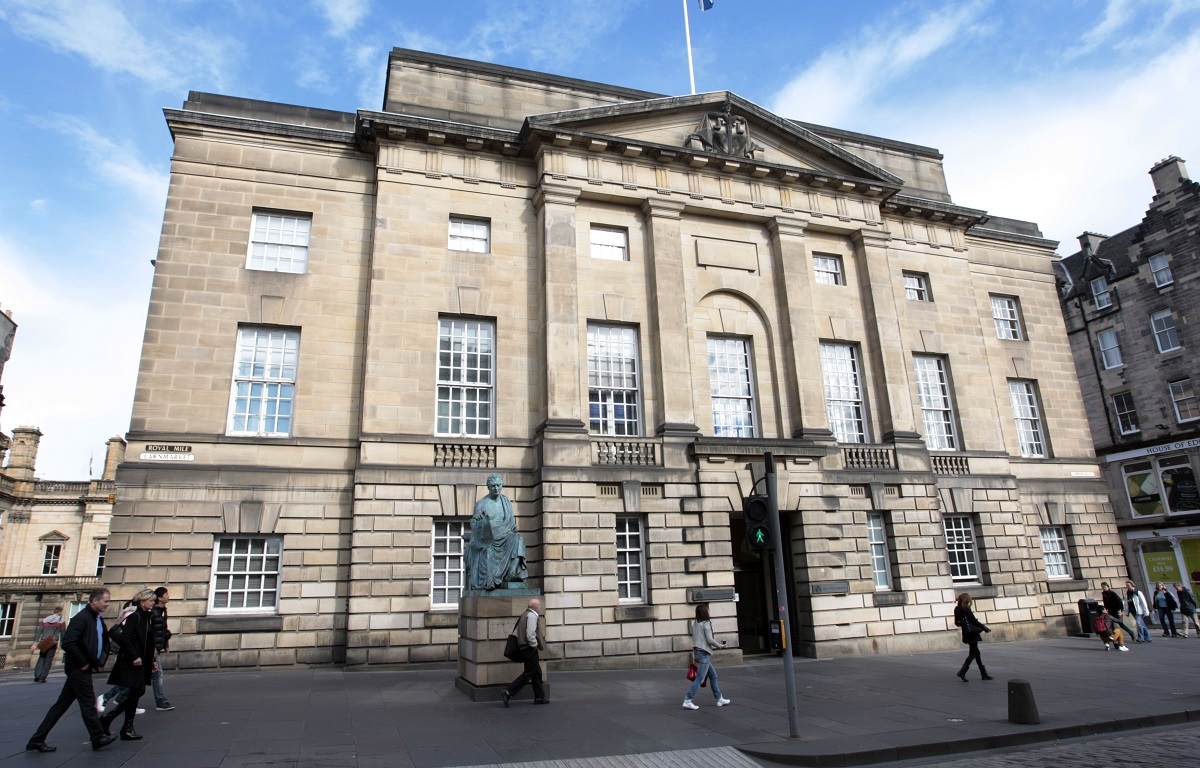
A new law has come into force meaning no children under 12 will be treated as offenders in the Scottish justice system.
The Age of Criminal Responsibility (Scotland) Act 2019 was passed unanimously in May, with Children’s Minister Maree Todd describing the passage of the Bill as a “historic day”.
Despite the unanimous approval in Parliament for the new law, Liberal Democrat Alex Cole-Hamilton called for the age to be lifted even higher – to either 14 or 16.
He claimed the “international community will judge this Government as a failure on human rights” for not pushing the age further.
The UN Committee on the Rights of the Child has demanded the age of criminal responsibility in Scotland be raised to 14 “immediately”, while the Children and Young People’s Commissioner for Scotland Bruce Adamson has also made his view clear that 14 is the “lowest acceptable age”.
But Ms Todd said: “I promised during the Bill process to make this change as early as possible to deliver real change in children’s lives.
“These new provisions mean that the behaviour of children under 12 in Scotland will no longer result in them being treated as offenders in the children’s hearings system.
“Evidence shows that responding to childhood behaviour in a criminalising, stigmatising way serves only to promote escalation and further harm.
“That is neither in the interests of the child, nor of the safety of our communities.”
She added: “This marks the first chapter of a groundbreaking reform.
“The Act will deliver a progressive, child-centred approach that will make a real difference to children’s lives, while victims will continue to get the support they need.”
Action for Children director for Scotland Paul Carberry, who was a member of the advisory group in 2015, said: “As long-term advocates of raising of the age of criminal responsibility in Scotland, we welcome the introduction of these provisions which will ensure that children are treated like children in our justice system.
“We fully support the notion that no eight to 11-year-old should ever be regarded as an ‘offender’, nor should they be stigmatised in later life as a result of actions as a child, and now this will be enshrined into law.
“The introduction of these provisions is a major step forward and something that is far more consistent with Scotland’s approach of prevention and early intervention.”
From Friday, primary-school age children will no longer be able to be reported to a children’s hearing for an offence.
The Scottish Government said children under the age of 12 who commit an offence will have their needs addressed without being treated as a criminal.

Enjoy the convenience of having The Sunday Post delivered as a digital ePaper straight to your smartphone, tablet or computer.
Subscribe for only £5.49 a month and enjoy all the benefits of the printed paper as a digital replica.
Subscribe